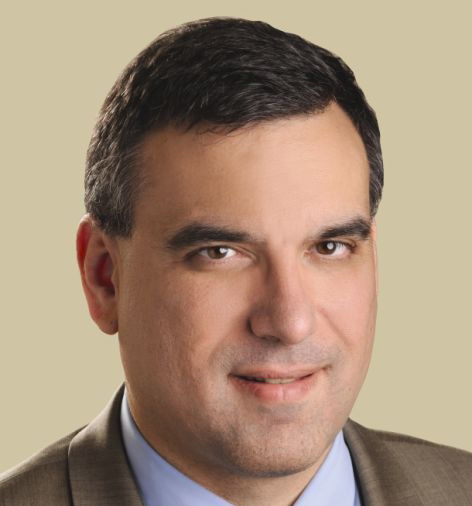Blog
Pathology's Best Kept Secret
Chief Pathologist John Cochran discusses how clinical trials offer pathologists the opportunity to work at the forefront of diagnostic discovery in this interview from The Pathologist.
Interviewer: What role do pathologists play in clinical trials?
JC: Pathologists have a variety of responsibilities, including identifying suitable patients and evaluating biomarkers expressed in tissue biopsies. From a diagnostic and prognostic viewpoint, we function similarly to community pathologists. At Q2 Solutions, we focus 60 percent of our work on oncology – but we also regularly deal with other therapeutic areas.
Clinical trial pathologists are as essential to the development of novel therapies as frontline oncologists – and, together, we help bring cutting-edge drugs to market. A striking example of this is the significant contribution clinical trial pathologists made with PD-L1 expression case review in several tumor types, which led to the approval of both immune-checkpoint inhibitors and companion diagnostics that later demonstrated major clinical success.
Interviewer: What are the differences between practicing pathologists and those in clinical trials?
JC: Our work is a lot more quantitative than qualitative, especially when it comes to diagnostic immunohistochemistry. Our pathologists are trained on many different numerical cutpoints for immunohistochemical and FISH markers, with their skills tested by the assay manufacturers. To determine whether a patient can be enrolled in a trial, the pathologist identifies positive cases around a cutoff value predetermined by the pharma partner. Working in clinical trials also offers a unique opportunity for exposure to what would otherwise be considered rare cases. For instance, we often work with relatively rare tumors over a short time – one of my colleagues once reviewed 1,800 cases of glioblastoma multiforme over a six-month period. That exposure is equivalent to 10 years of neuropathology fellowship training.
For the full interview, please click here.
Related Thought Leaders Insights
Digital Pathology
In recent decades, we have witnessed unprecedented growth in the field of pathology, bringing with it a concurrent increase in complexity, along with extraordinary new challenges. Advances in...
AI in Pathology: Advancements, Challenges, and the Road Ahead
In this episode Dr. Monika Lamba Saini and Bruno Larvol of “LARVOL & Friends” discuss the role of artificial intelligence (AI) in pathology and its potential impact on healthcare. They delve into...
Bioinformatics and Computational Solutions for Genomic Insights
With over 500 years cumulative expertise in genomics, bioinformatics, and information technologies, we provide infrastructure and consultative services to enable you with the fastest path from sample...









